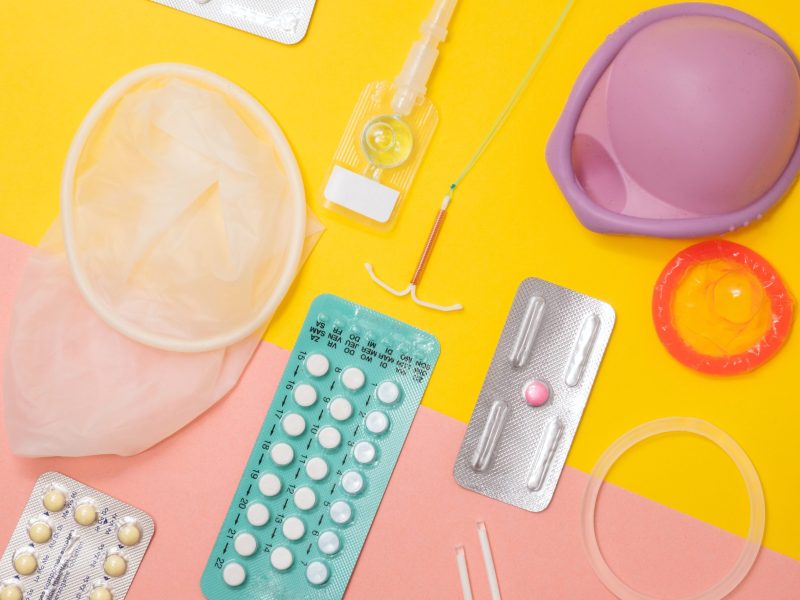
Prawn and Aspargus Sheet Pan Dinner
Ingredients: Green Prawns (200g per person) Asparagus (10 spears per person) Garlic Lemon Juice Extra Virgin Olive Oil Method: On a baking sheet place the

The menstrual cycle… it gets a bad rap for causing monstruous moods and terrible pains, but I’m sure I don’t need to remind those of you struggling with fertility it is what makes the creation of new life possible. These hormonal and physical changes are normal as the uterus prepares for pregnancy.
The menstrual cycle has four phases (shown below) and on average a complete cycle lasts for 28 days – however each woman’s experience is unique to her.
The Four Phases:
Menstrual (1-5 days)
The lining of the uterus sheds, causing bleeding.
Follicular (6-14 days)
The ovary produces 5-20 follicles, which stimulates the uterus lining to thicken.
Ovulatory (15-17 days)
The ovary releases an egg (ovulation).
Luteal (18-28 days)
After ovulation hormones (progesterone and oestrogen) are released to maintain the thickened uterus lining. A fertilised egg will implant in the lining and this stimulates further hormones to be produced to allow for pregnancy. If not, the cycle repeats, starting over with the Menstrual stage.
Your cycle can be influenced by a multitude of factors including those you can and can’t control. If you’re planning on getting pregnant naturally it’s good to know what some of these are.
Factors that affect your fertility:
Age
With age, irregular ovulation can occur. One study found women aged 19-26 years were twice as likely to conceive than those aged 35-39 years.
Alcohol
Alcohol can cause a rise in oestrogen levels which is incompatible with egg development and ovulation. This is simply one of the ways alcohol reduces fertility rates.
Weight
Like alcohol, excess body fat can elevate oestrogen levels which puts the hormones out of balance. The result can be a reduced capacity to ovulate. Overweight or obese women are also more likely to have irregular periods and ovulation, impacting their chances to conceive. Similarly, being underweight can cause can imbalance in hormones, impairing ovary function. An emphasis on maintaining a healthy weight is considered one of the best practices you can undertake to increase your chances of falling pregnant.
BOOK NOW TO IMPROVE YOUR FERTILITY WITH HELP FROM WOMEN’S NUTRITION
Diet
Adopting healthy eating patterns can prevent ovary dysfunction which can negatively affect ovulation and thus fertility. Research has shown the following to influence fertility in some way:
These lifestyle changes help maintain ovulatory health, ensuring you and your partner greater chances of fertility.
If it’s all too confusing why not speak to Women’s Nutrition today to get started improving your fertility!

Ingredients: Green Prawns (200g per person) Asparagus (10 spears per person) Garlic Lemon Juice Extra Virgin Olive Oil Method: On a baking sheet place the

I love these burgers because they’re so easy to make and they’re absolutely packed with nutrition to boost your fertility journey. Having some red meat

What is an AMH test? The AMH test, short for anti-mullerian hormone test, measures the levels of anti-mullerian hormone (AMH) in your blood. Both men

Veggie Loaded Bolognese This veggie loaded bolognese is high on the rotation list at our house. It’s packed with incredible nutrients to help support your
Appointments are available online or in person.